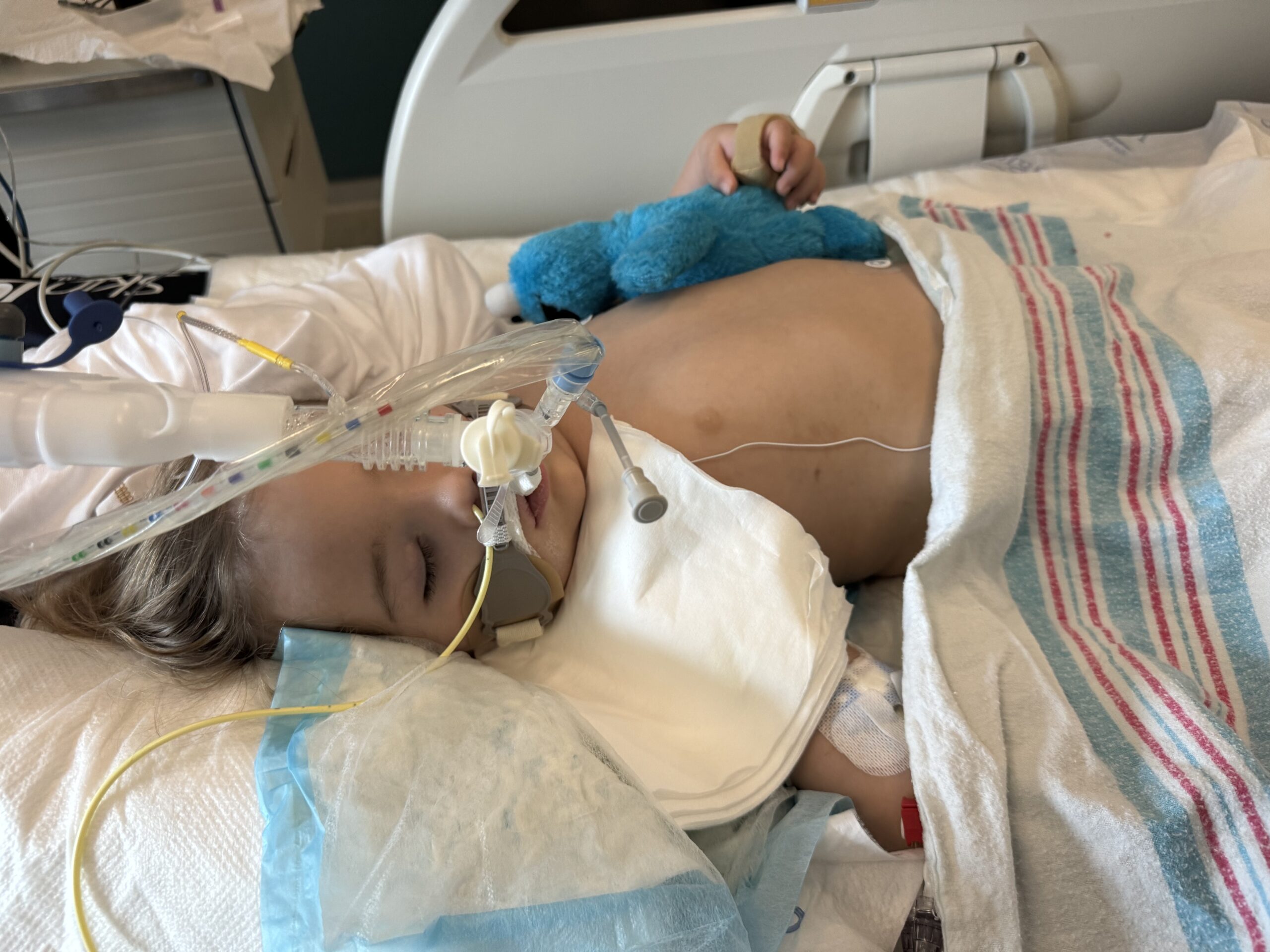Drug-Resistant Bacteria Cases on the Rise Across the US: What You Need to Know
Recent warnings by the U.S. Centers for Disease Control and Prevention (CDC), regarding the possible rise in an antibiotic-resistant Shigella strain across the United States were issued by the CDC. They advised that clinicians be alert.
The CDC held a call on Tuesday with clinicians and other officials about the rise of the drug-resistant bacteria, and a release said that “clinicians should understand the nuances of testing and managing infections, especially when treating patients from populations at increased risk of drug-resistant shigellosis.”
“We do not have all the answers today,” Dr. Louise Francois Watkins was an official of the CDC’s National Center for Emerging and Zoonotic Infectious Diseases. She stated that there were no official recommendations regarding antibiotics.
“The problem of antimicrobial resistance is actually bigger than Shigella,” Watkins added NPR Friday: Noting that “one of the major drivers of antibiotic resistance is inappropriate antibiotic use.” She recommended that people only use antibiotics as prescribed.
Officials from the UK said Tuesday that they have examined 185 cases of Shigella in the UK since 2021. Half of these cases required antibiotic treatment. According to them, 87 percent were found in male presumed homosexuals.
The CDC was established about a week ago. issued Health alert regarding drug-resistant Shigella bacteria. About a week before that, the European Centre for Disease Prevention and Control sent out a similar bulletin and said there have been 221 confirmed and 37 possible cases among people who recently visited Cabo Verde off of West Africa since September.
The CDC alert noted that while most people recover from shigellosis without antibiotics, patients who are fighting off drug-resistant versions of the bug have no routes for treatment. There is no vaccine, and the CDC says that drug-resistant Shigella bacteria can resist antibiotics such as azithromycin, ciprofloxacin, ceftriaxone, trimethoprim-sulfamethoxazole, and ampicillin.
“A recent publication from the United Kingdom outlined a possible strategy for treating severe [drug-resistant] shigellosis using oral pivmecillinam and fosfomycin (for patients with prolonged symptoms or as oral step-down after intravenous treatment) or IV carbapenems and colistin (for hospitalized patients with severe infections or complications,” According to the health advisory.
What to know
Shigella infections can cause bloody diarrhea, fever, and abdominal cramps. Officials state that the bacteria spreads through infected fecal matter entering another person’s nose and mouth.
“If you are having bloody diarrhea more than three times a day and not able to keep anything down, that is a good time to start thinking about going to the ER,” Dr. Payal Ptel, a doctor for infectious diseases, told CBS News this week. He said that he was grateful for the opportunity to be a part of CBS News. “seeing an uptick in infections that are actually resistant to all first-line antibiotics.”
Although shigellosis was a very common disease in childhood, it is now more common in adults. Agency is now seeing more cases of Shigella resistant in HIV-positive men, homeless persons, and homosexuals.
“XDR Shigella has a real, alarming capacity to spread globally, especially among these vulnerable populations,” NPR’s Dr. Naemah, a CDC medical official, spoke out on Friday about the drug-resistant bug.
Logan explained to the broadcaster that handwashing and sanitizing are key methods to prevent Shigella transmission. The CDC recommends Wash your hands after using the toilet; follow safety guidelines when you travel abroad. Avoid drinking from pools, lakes, or swimming pools. Use caution when handling diapers.
According to the CDC, approximately 450,000 Americans are infected each year by the bacteria. An additional 242,000 cases of drug-resistant strains are estimated. About 5 percent of all Shigella test samples collected last year were classified as antibiotic-resistant, up from about 1 percent in 2019, according to the federal health agency.
Between May 2014 – February 2015, the CDC said It discovered that there were 243 cases in America of Shigella caused by travel, which was resistant to most antibiotics.
The agency reported that 148 states had reported cases of the drug resistant strain as of February 28. About 39% of those cases led to hospitalizations. There have not been any deaths.
“The bacteria can infect a person with as little as 10 organisms, which makes it highly contagious. When passed through the stomach and into the small intestines, the bacteria multiply and can then spread to the colon, resulting in diarrhea, which is the inability for the large intestine to absorb water, and thus stool comes out in a watery form,” Dr. Michael Huynh is an intern medicine hospitalist. told WJHL-TV.
From Drug-Resistant Bacteria Cases on the Rise Across the US: What You Need to Know
Conservative News Daily is not required to endorse the views or opinions expressed here.
" Conservative News Daily does not always share or support the views and opinions expressed here; they are just those of the writer."





Now loading...